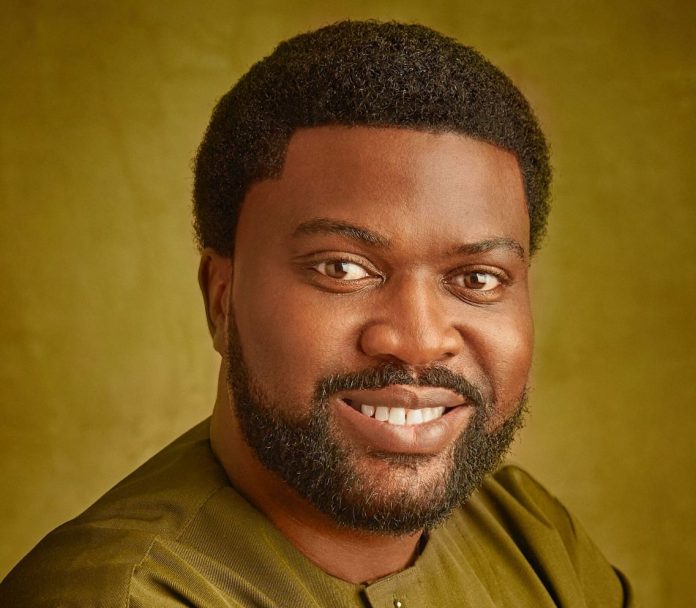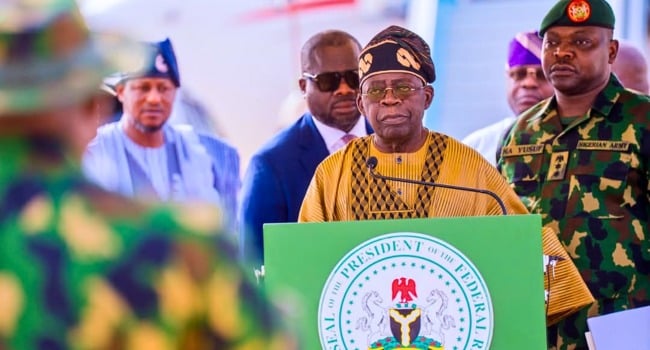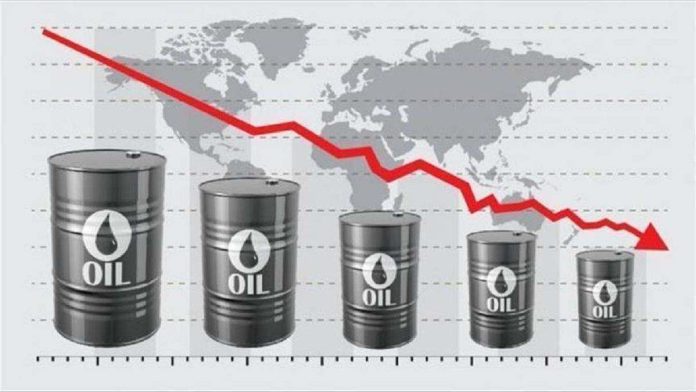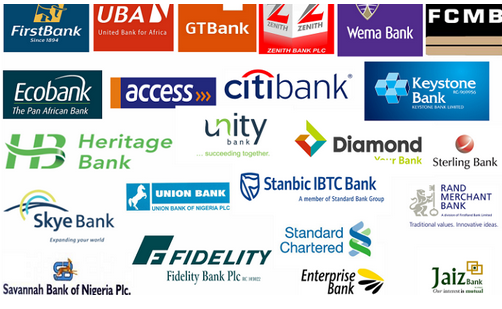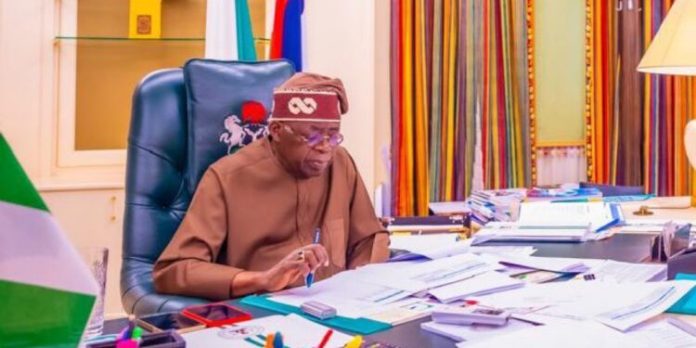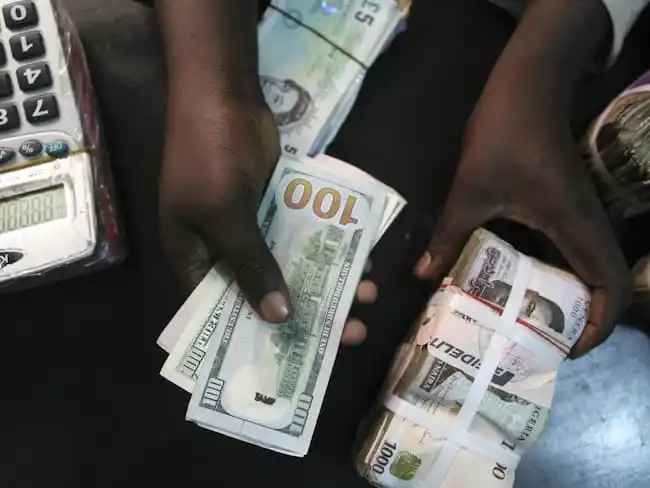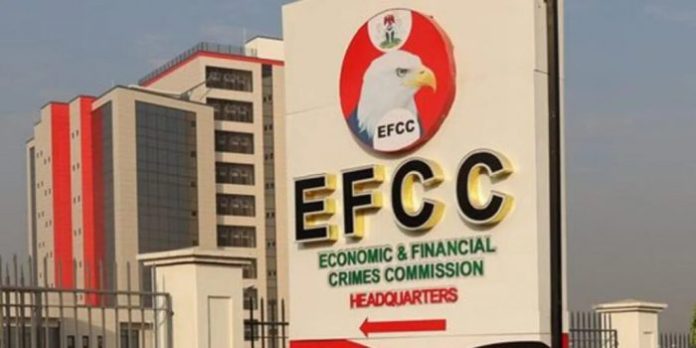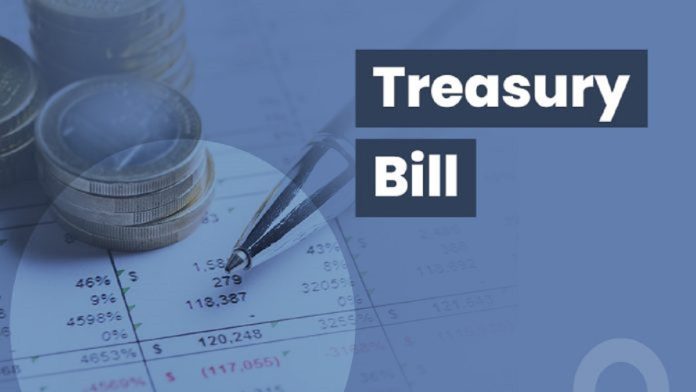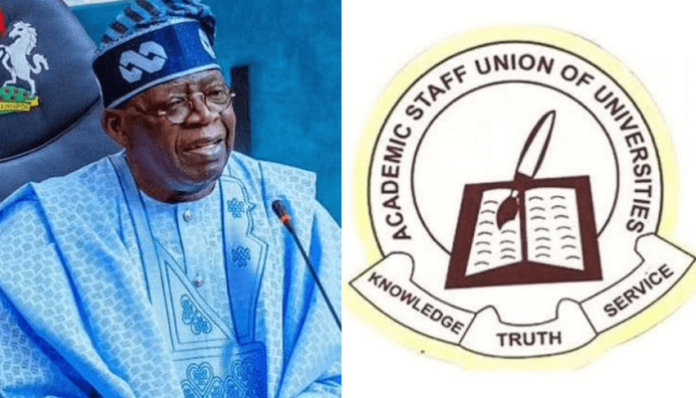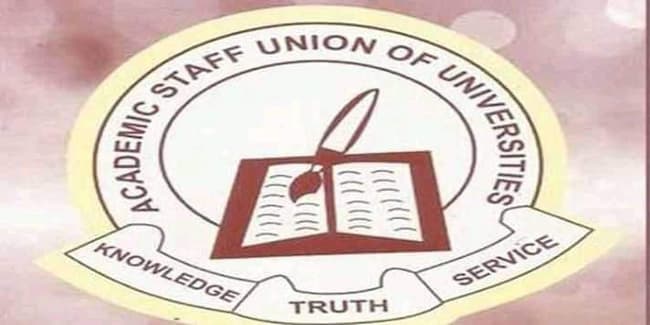Chairman of the House of Representatives Committee on Media and Public Affairs, Hon. Akin Rotimi, has said the proposed Special Seats Bill before the National Assembly will not increase the cost of governance but will instead strengthen representation and inclusion in Nigeria’s democratic system.
Rotimi stated this during a Stakeholders Consultation and Communication Strategy Meeting organised by the Policy and Legal Advocacy Centre (PLAC) with support from the European Union (EU) in Abuja. The forum brought together lawmakers, civil society leaders, and media professionals to deepen advocacy and public understanding of the Bill.
Addressing widespread concerns, Rotimi explained that Nigeria remains one of the most underrepresented democracies globally, with an average of one legislator per 488,000 citizens — a ratio he described as “among the highest in the world.”
“Adding more legislators will not inflate governance costs; rather, it will improve representation and accountability,” he said.
The lawmaker clarified that the Special Seats Bill seeks to create additional legislative seats for women, rather than displace existing lawmakers.
“The Bill is a corrective, not compensatory measure. It does not take away anyone’s seat; it simply creates new opportunities to address historical gender imbalance in political representation,” Rotimi explained.
He urged the media to counter misinformation and avoid framing the debate as a gender battle, stressing that legislators are allies in advancing inclusion.
“This is not a war between men and women. Lawmakers are partners in progress. We must engage strategically and empathetically, not antagonistically,” he said.
Rotimi also highlighted the role of mentorship and advocacy precision in driving legislative reform, recalling his own journey in public service as an example of how guidance and opportunity can shape leadership.
“I would not be here today without mentorship. We must extend that same support to women and young Nigerians aspiring to lead,” he added.
The lawmaker encouraged stakeholders to hold political parties accountable for promoting female participation beyond the Special Seats framework, noting that countries such as Rwanda, Tanzania, and Uganda have successfully implemented similar initiatives.
“This is not a foreign idea; it is a Nigerian pursuit of fairness, inclusion, and democracy,” he said.
In his remarks, Executive Director of PLAC, Clement Nwankwo, reaffirmed the organisation’s commitment to ensuring the passage of the Bill, describing it as a “national imperative for democratic renewal.”
“Both chambers of the National Assembly have made significant progress on the Bill,” he said. “We must continue to explain that these special seats are not favours, they are corrective measures aimed at strengthening democracy.”
Nwankwo called for sustained public engagement to bridge communication gaps between lawmakers and citizens.
“We have to remain persuasive, consistent, and informed. This is about fairness, not favour,” he emphasised.
Also speaking, National President of the Nigerian Association of Women Journalists (NAWOJ), Hajia Aishatu Ibrahim, urged for a unified communication strategy that promotes collaboration between institutions, communities, and advocates.
“The Special Seats initiative is not only about women; it is about reimagining governance and expanding Nigeria’s democratic space. If we fail to get it right this time, it will be a setback for both women and democracy itself.”
Representing the Nigeria Union of Journalists (NUJ), John Angese applauded PLAC and the EU for their leadership in convening the forum, pledging the union’s continued support for inclusive governance.
“The NUJ will keep working with civil society to push for gender-balanced legislation. No country can make progress while excluding half of its population,” he said.
Participants at the meeting agreed that inclusive representation remains vital to Nigeria’s democratic consolidation, stressing that empowering women politically is not only a matter of justice but also a critical step toward sustainable national development.
They called for coordinated advocacy and accurate public messaging to secure the Bill’s passage in the National Assembly.










